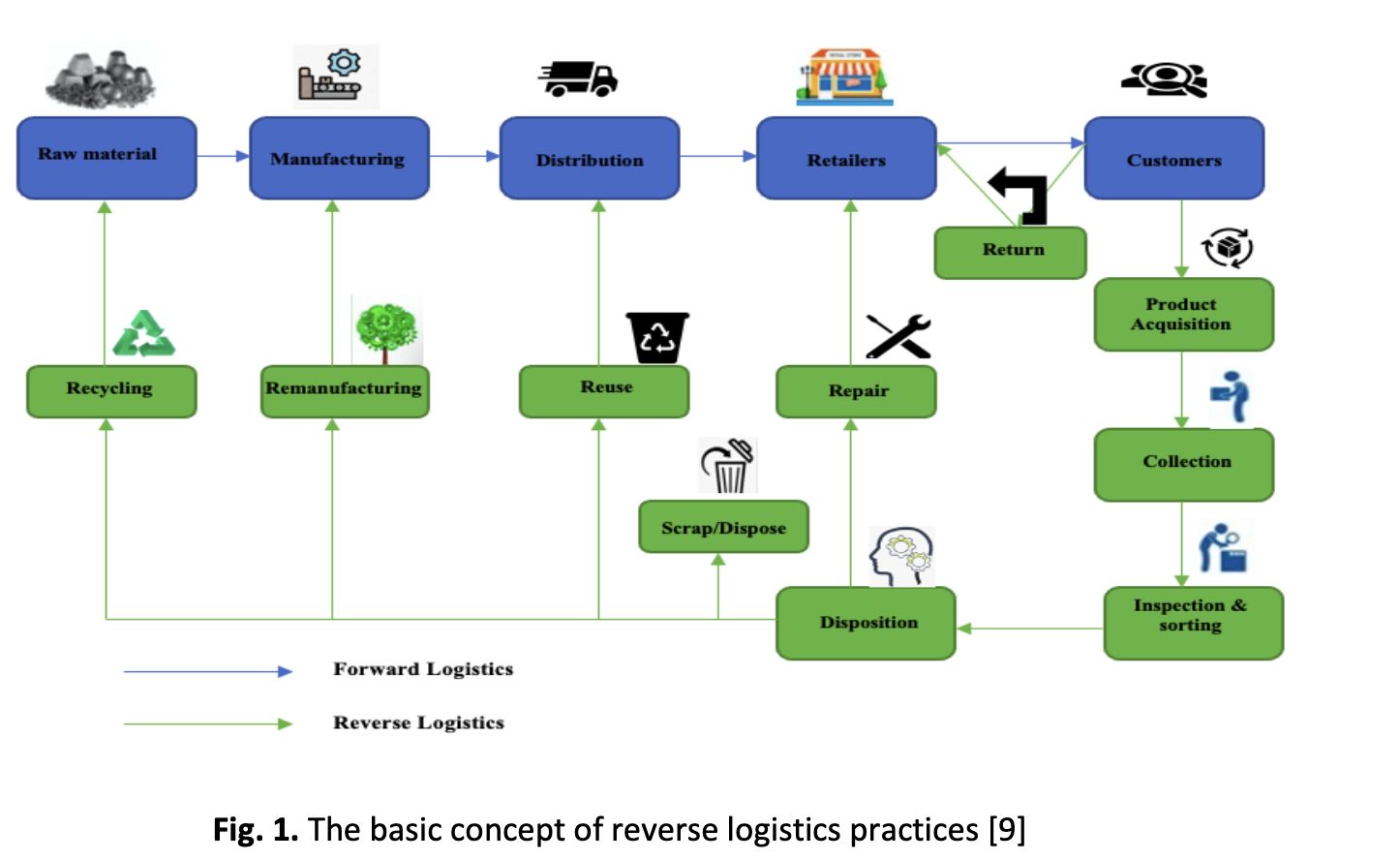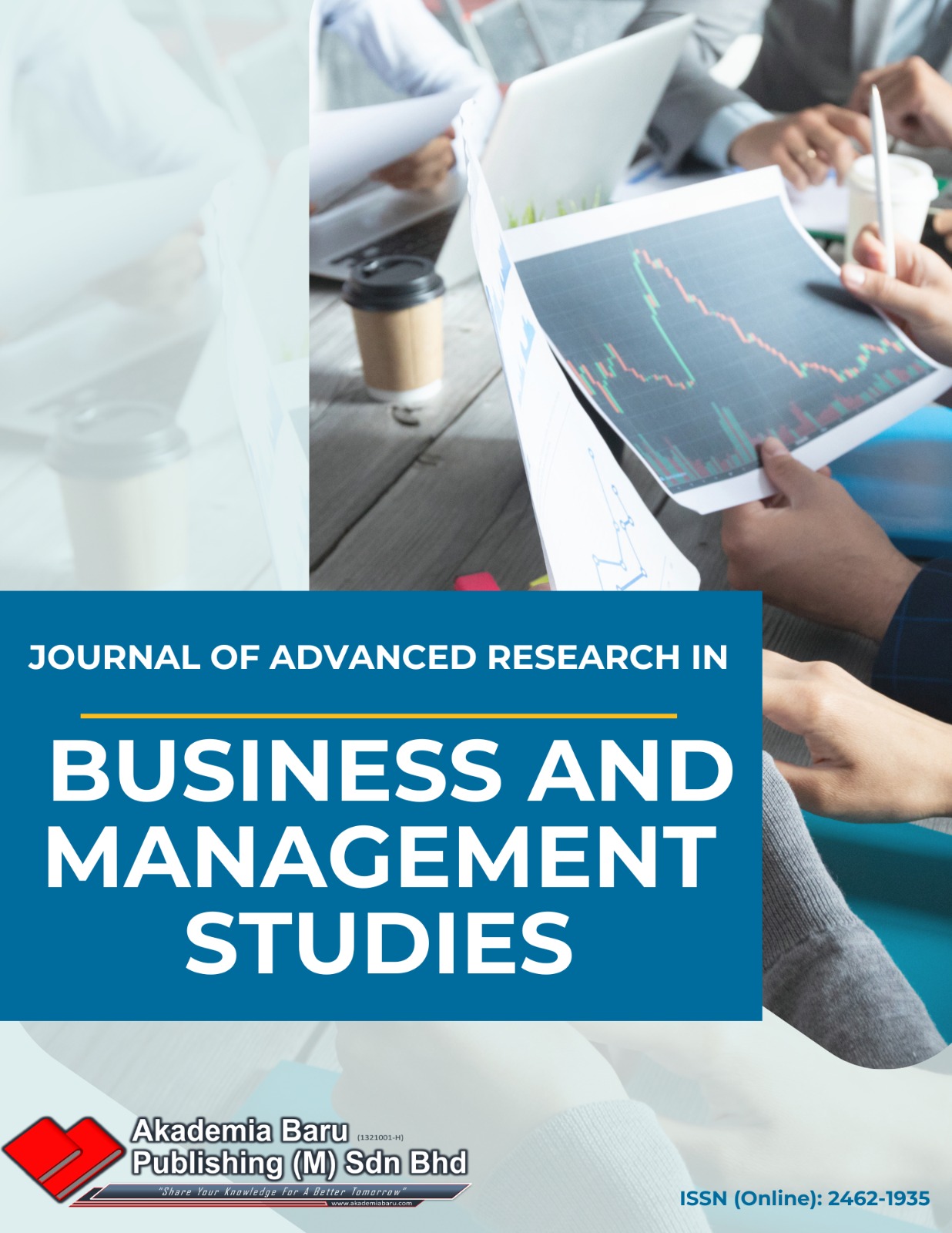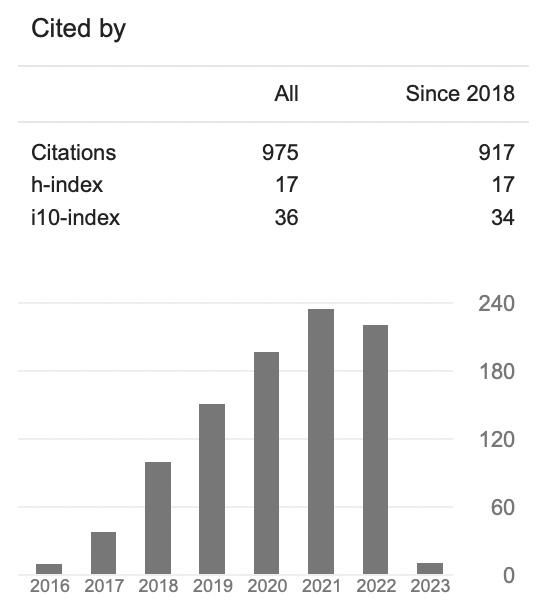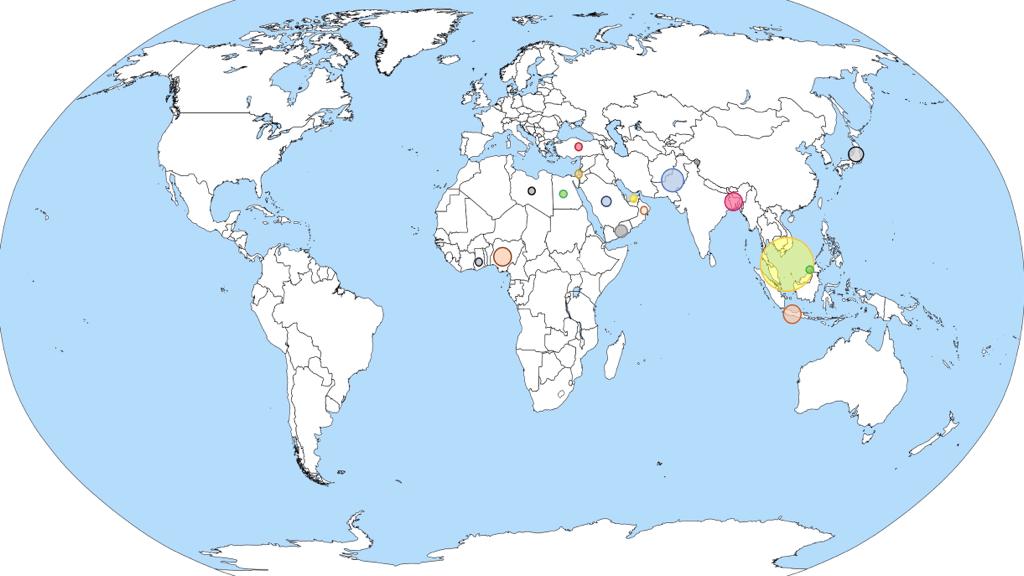Content Analysis on Reverse Logistics and Sustainability Performance
Keywords:
Sustainability performance, reverse logistics, disposition options, economic impact, environmental impact, social impacAbstract
With growing awareness for environmental protection, economic and social benefits, sustainability now is served as one of the important issues in many countries. This has triggered the reverse logistics (RL) to become popular among academics and supply chain professionals since RL is the key tool used to promote sustainability. In China, the implementation of reverse logistics has expanded due to the international pressure on environmental issues and sustainable growth. Although RL can significantly improve the organization sustainability performance, limited research has been conducted to examine the relationship between RL and sustainability performance. As such, this paper aims to review the relationship between RL and sustainable supply chain performance, as well as to assess the performance of RL process using three dimensions of sustainability. Also, content analysis was used to gather and analyze the literature and published papers on RL and sustainable supply chain performance. Ultimately, this study identifies the relationship between RL and the sustainable supply chain. The analysis concludes that the social aspect of sustainability of RL and the impact of RL disposition options on sustainable performance have been largely neglected. Finally, this study suggests that future research should concentrate on gathering empirical information on how each of the disposition options may affect sustainability performance.













